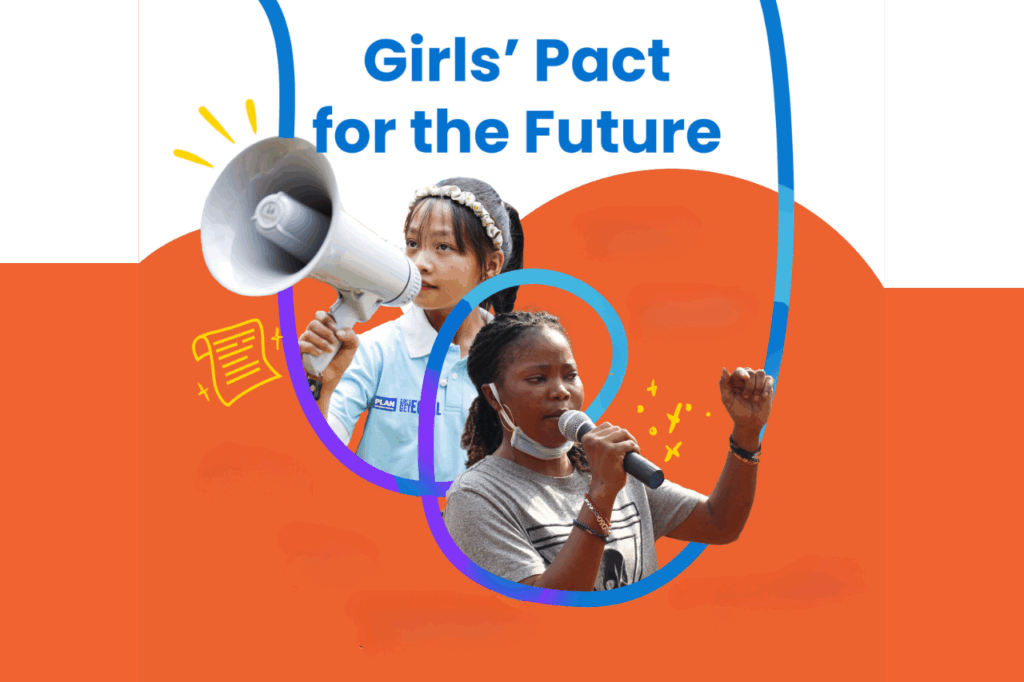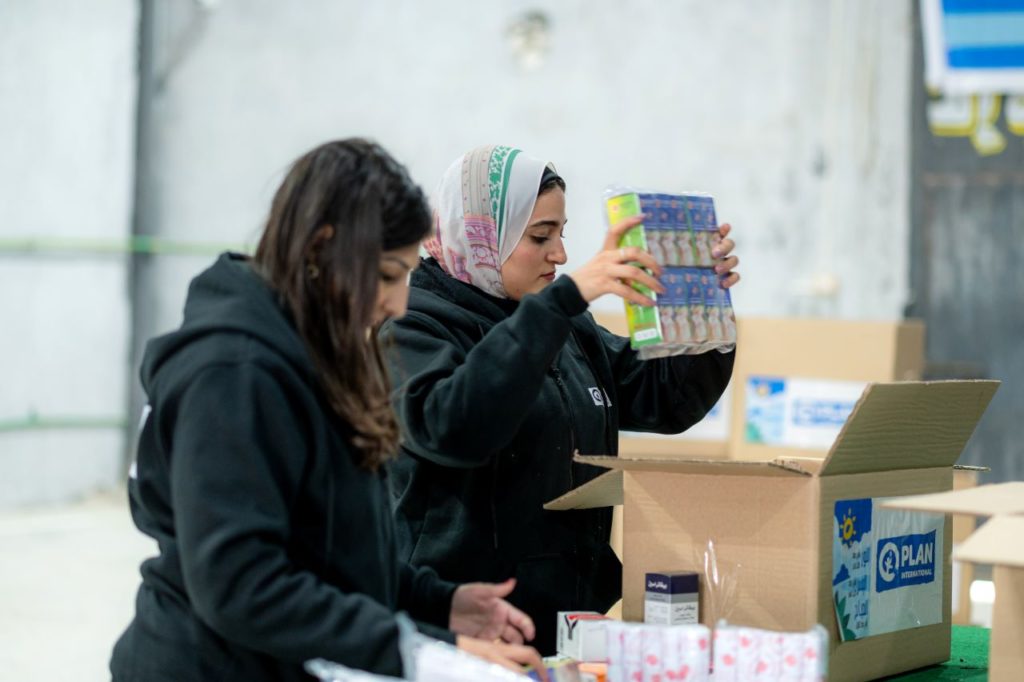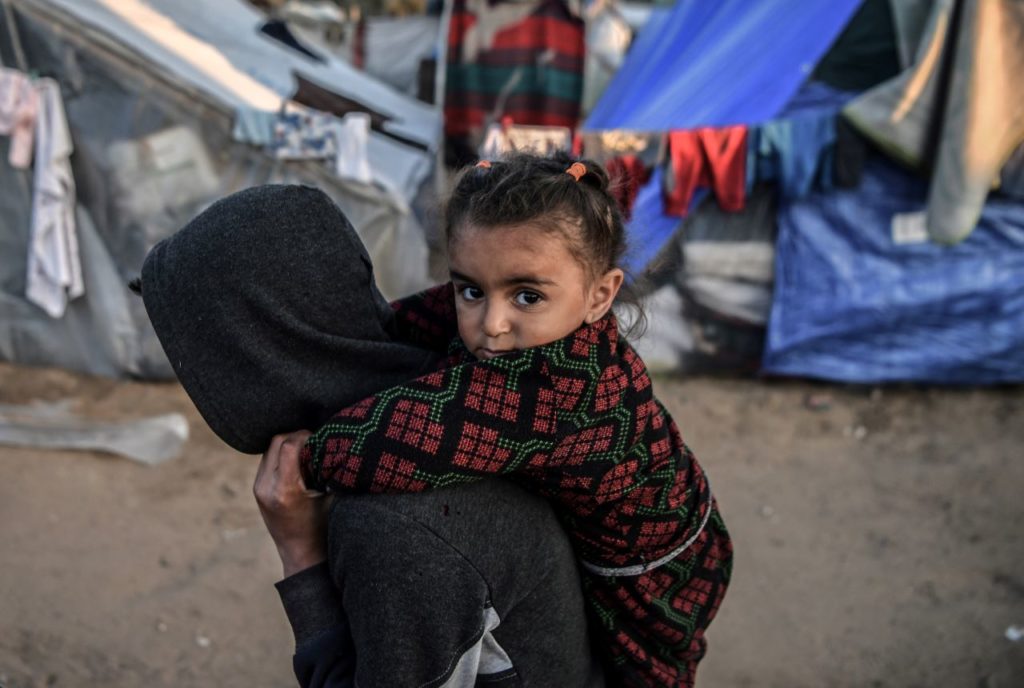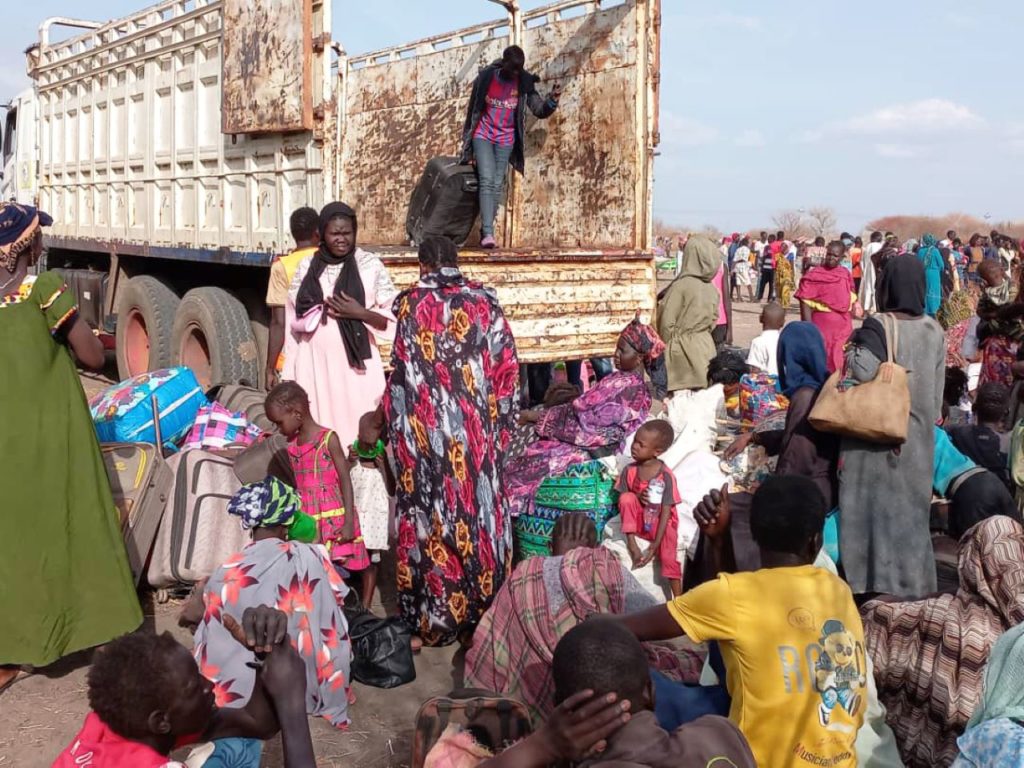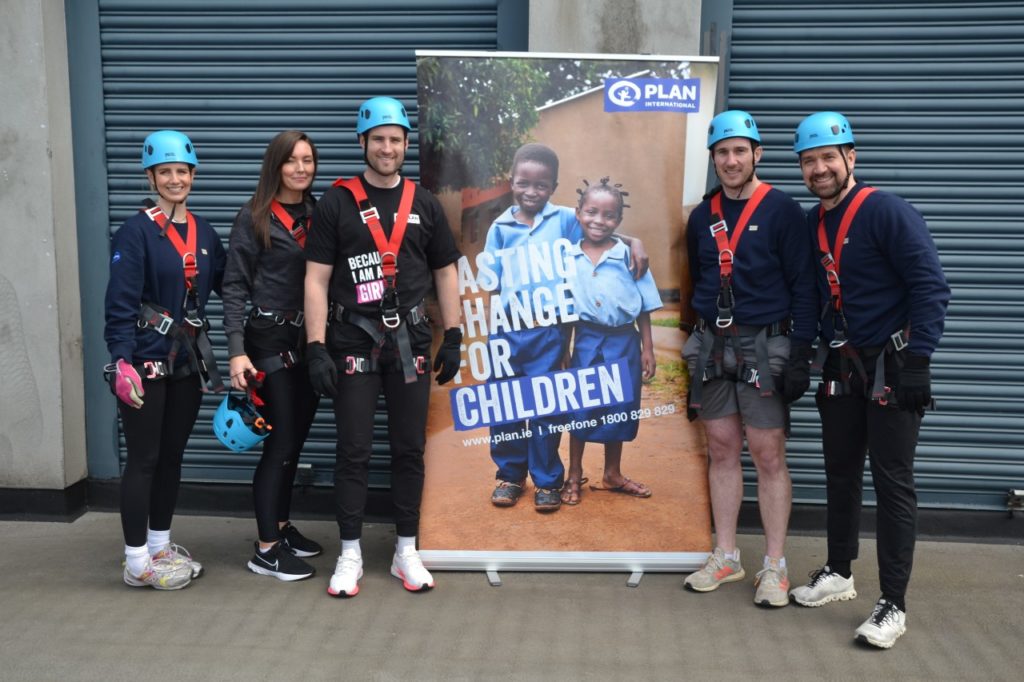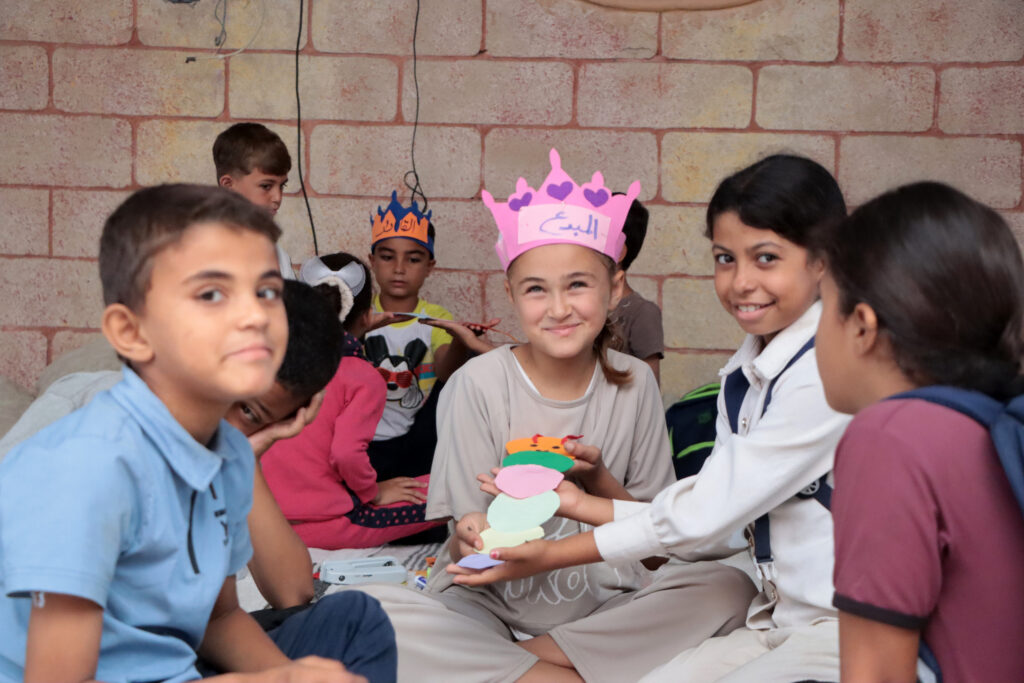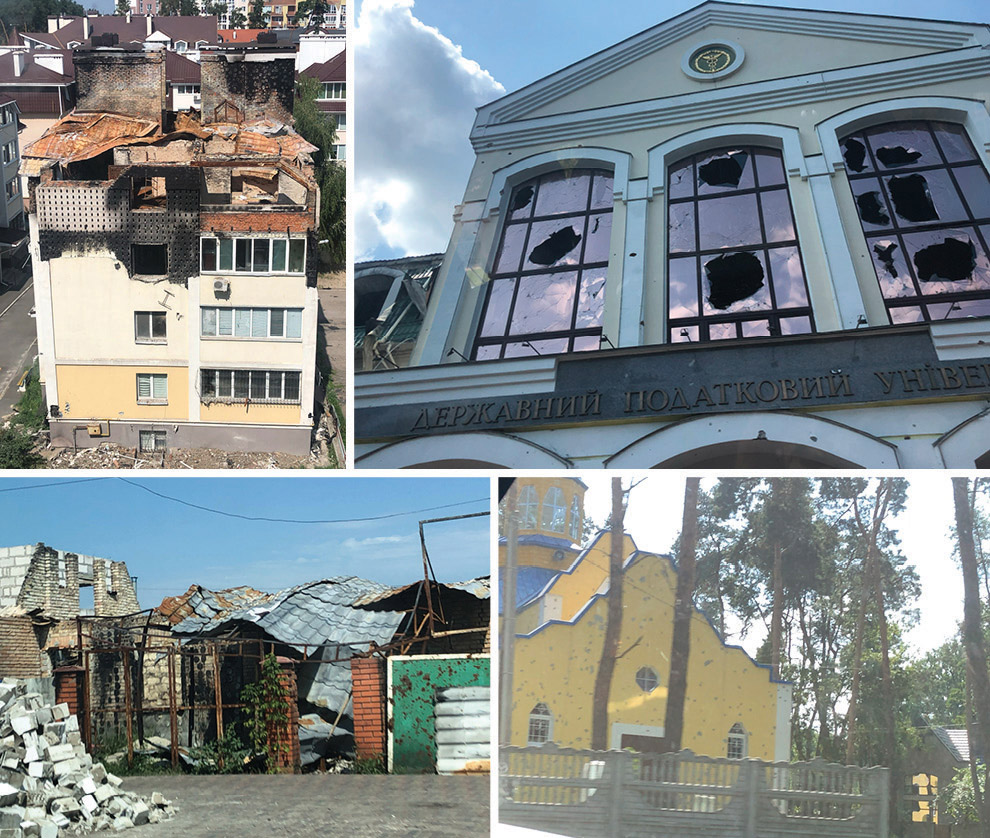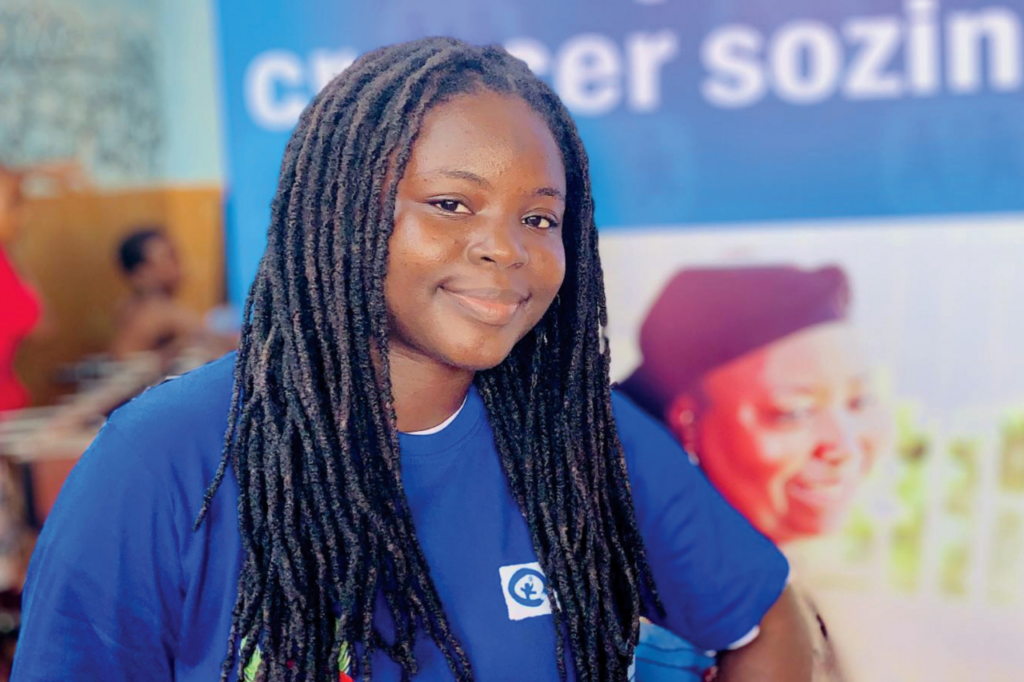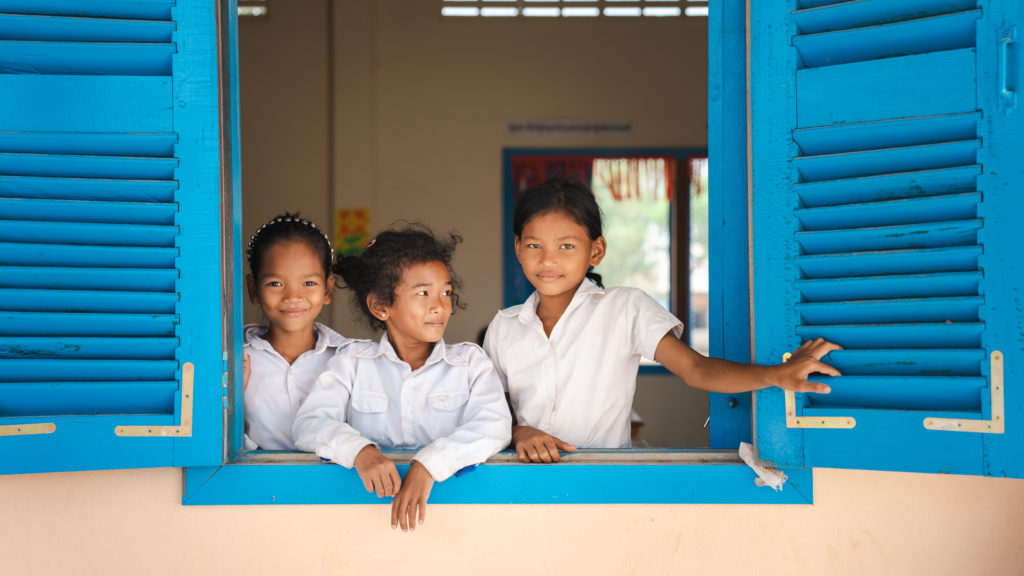THE 6TH OF FEBRUARY IS THE INTERNATIONAL DAY OF ZERO TOLERANCE FOR FGM.
IN THE WEST AFRICAN NATION OF GUINEA, FEMALE GENITAL MUTILATION (FGM) IS A ‘NORMAL’ AND WIDESPREAD PRACTICE – 96% OF WOMEN AND ADOLESCENT GIRLS HAVE BEEN CUT.
Until recently, Kadiatou and Aissatou earned their living as traditional cutters, however since Plan International started a project to end FGM in their community, the women have put down their knives and begun a new tradition instead.
“In the past, FGM was a tradition that was imposed. A girl who was not cut was stigmatised and even rejected by the community. Excision was also a very beneficial practice for us the cutters. Each girl who was cut earned us money, rice, oil and clothes,” explains Kadiatou.
“Today, I am 65 years old. I inherited this profession from my grandmother who was a renowned cutter in this region and through whom I learned how to excise girls more than 30 years ago. Each year, I cut up to seven groups of girls, divided into 10 to 15 per group. We often had serious cases of excessive bleeding, but we used to keep it a secret. My grandmother showed me how to use tree bark to stop the bleeding and treat infections.”
Despite being a violation of girls’ rights and prohibited in Guinea by law, FGM continues to be practised across the country due to social, cultural and religious norms which uphold the idea that FGM preserves chastity, cleanliness, and family honour.
Plan International’s ‘Save Girls from FGM’ project is working with 80 communities in Guinea to help end the practice and dispel the myth that FGM is a necessity for women and girls. We raise awareness of the dangers of FGM by involving the whole community in training sessions on gender equality and sexual and reproductive health and rights.
Once aware of the negative effects on girls’ and women’s health, we encourage communities to abandon the practice of FGM. We also provide support to women and girls who have suffered complications as a result of being cut.
“We have to thank Plan International for showing us in a practical way the consequences of FGM. For five days, we were gathered in a classroom to talk about subjects that hinder the development of our community, subjects that are at the root of divorces and sometimes conflicts between us. It was following all these reflections that we talked about FGM as a key factor in the problems our village face. I then decided to give up cutting,” Aissatou says.
After deciding to abandon their profession, which earned them a lot of money, Kadiatou and Aissatou were helped to identify other money-making activities so they could continue to take care of their families.
“During the dialogue sessions, we asked Plan International how we would survive if we gave up cutting? The organisation helped us to create savings and loans groups, which are very supportive, as they help us to finance income-generating activities. Today, these activities are more profitable than what we earned when we were cutters. Thanks to this initiative, we no longer go elsewhere to take loans with high interest. We lend each other money at a very low rate. This is what prompted us to go out publicly and tell the community that from now on we are done with excision,” Kadiatou says.
Instead of the traditional cutting initiation, Kadiatou and Aissatou spend time with the adolescent girls in their village to educate them in life skills and pass on good practices. The majority of girls they instruct thank them for holding this alternative ritual without practicing excision.
“Our decision remains unchanged, which is why we have decided to maintain the educational aspect of the initiation. We gather girls of the same age in groups and spend a few days in the forest with them. We use the time we spend to pass on knowledge and encourage the understanding of our identity through traditional songs and dances. During the alternative rites, the girls also learn about reproductive health, sexuality and how to protect themselves from unwanted pregnancies and other diseases,” Kadiatou explains.
Over the next four years, Plan International aims to reach 2.25 million girls in Guinea so that they can make informed decisions about their lives and be protected from FGM, child marriage and early pregnancy.
